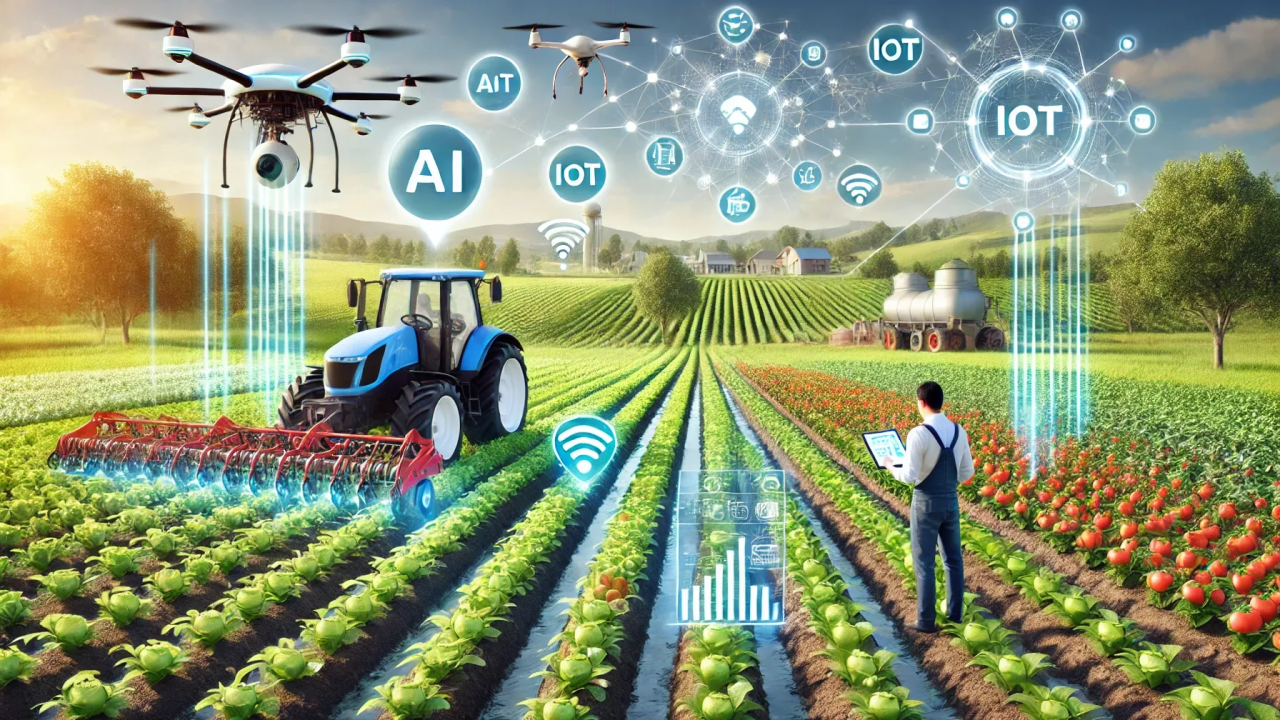615890406331694 GLO AIRTIME
Agriculture is the backbone of many African economies, employing millions of people and contributing significantly to the continent’s GDP. However, smallholder farmers, who are the majority of agricultural producers in Africa, face numerous challenges, including limited access to information, technology, and markets. Digital extension services have emerged as a promising solution to bridge this knowledge gap and improve agricultural productivity.
The Challenges of Traditional Extension Services
Traditional extension services, which rely on face-to-face interactions between extension agents and farmers, have been effective in disseminating agricultural knowledge and technologies. However, these services are often limited by factors such as:
- Limited reach: Extension agents can only cover a limited geographic area, leaving many farmers without access to their services.
- High costs: Training and deploying extension agents is costly, making it difficult for governments and organizations to sustain these services.
- Limited scalability: Traditional extension services are often project-based and lack the scalability to reach millions of farmers.
The Potential of Digital Extension
Digital extension services leverage information and communication technologies (ICTs) to reach a larger number of farmers, providing them with access to agricultural knowledge, technologies, and markets. The potential benefits of digital extension include:
- Increased reach: Digital extension services can reach farmers in remote areas, reducing the geographic barriers that limit traditional extension services.
- Cost-effectiveness: Digital extension services can be more cost-effective than traditional extension services, reducing the costs associated with training and deploying extension agents.
- Scalability: Digital extension services can be scaled up quickly, reaching millions of farmers with minimal additional costs.
Examples of Digital Extension Services in Africa
1878171316367077 AIRTEL AIRTIME
Several digital extension services are being implemented in Africa, including:
- M-Farm (Kenya): An SMS-based platform that provides farmers with market information, weather forecasts, and agricultural advice.
- Esoko (Ghana): A platform that provides farmers with market information, weather forecasts, and agricultural advice through SMS and voice messages.
- Digital Green (Ethiopia): A video-based platform that provides farmers with agricultural advice and training on best practices.
- Farmcrowdy (Nigeria): A platform that connects farmers with investors, providing them with access to finance, inputs, and markets.
Best Practices for Implementing Digital Extension Services
To ensure the effectiveness of digital extension services, the following best practices should be considered:
- Farmer-centric design: Digital extension services should be designed with the needs and preferences of farmers in mind.
- Local content: Digital extension services should provide farmers with relevant and localized content that addresses their specific needs and challenges.
- Multi-channel approach: Digital extension services should use a combination of channels, such as SMS, voice messages, video, and mobile apps, to reach farmers.
- Partnerships and collaborations: Digital extension services should be implemented in partnership with local organizations, governments, and private sector companies to ensure sustainability and scalability.
- Monitoring and evaluation: Digital extension services should be regularly monitored and evaluated to ensure their effectiveness and impact.
Challenges and Opportunities
While digital extension services have the potential to improve agricultural knowledge sharing in Africa, several challenges need to be addressed, including:
- Limited access to ICTs: Many farmers in Africa lack access to ICTs, such as mobile phones and internet connectivity.
- Digital literacy: Many farmers in Africa lack the digital literacy skills needed to effectively use digital extension services.
- Language barriers: Digital extension services need to be provided in local languages to ensure that farmers can understand and use the information.
Despite these challenges, digital extension services offer a promising solution to improving agricultural knowledge sharing in Africa. By leveraging ICTs and partnering with local organizations, governments, and private sector companies, digital extension services can reach millions of farmers, improving their productivity, income, and livelihoods.
Conclusion
02357664754929818 MTN AIRTIME
Digital extension services have the potential to revolutionize agricultural knowledge sharing in Africa, providing farmers with access to information, technology, and markets. By following best practices and addressing the challenges associated with digital extension services, we can ensure that these services are effective and sustainable, contributing to the growth and development of Africa’s agricultural sector.

